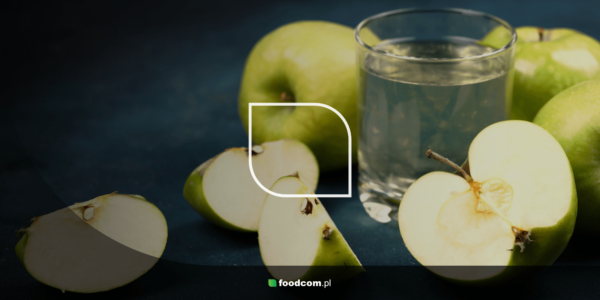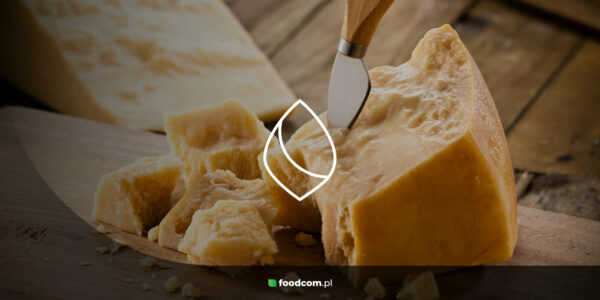Sintesi
Indice
Europe
Good news for winter cereal crops in Europe
Although recent days in many parts of Europe have been more ‘wintry’ than in past years, analysts say this will not negatively impact the upcoming harvest. In France, the European Union’s largest cereal producer, sub-zero temperatures have not been low enough to pose a threat to wheat, barley and rapeseed, and the steady drop in temperatures since last month has given crops time to adjust to the weather.
In Germany, temperatures reaching minus 14 degrees Celsius in central and eastern areas this week could prove dangerous for barley
This crop is much less cold-tolerant than wheat and rapeseed. Analysts believe that wheat and rapeseed should be fine, while it is too early to assess the impact of winter conditions on barley.
Extremely low temperatures have also been measured in Poland recently
Again, experts stress that it is too early to estimate crop losses that may have been caused by the prolonged frost. However, it appears that adequate snow cover in the eastern, southern and central parts of the country and the temperature increase predicted for the next few days, which will limit the risk of frost for crops without snow protection in the west and north, will provide satisfactory results. In any case, Brrrr!
The Americas
Argentina is currently experiencing its worst drought in decades
Continued extremely harsh weather conditions are hurting livestock and seriously threatening wheat, corn and soybean crops. The bad news (as if there was not enough on this topic already) is that meteorologists predict the situation will continue for weeks, with less rainfall than average for this time of year.
Global seed company Syngenta has announced that it will launch a new wheat variety in the United States next year that has been developed using complex cross-breeding techniques
Similar efforts are being made by rival companies to develop a higher-yielding wheat at a time of dwindling global grain supplies. They have been inspired (is that even a good word?) by the difficult conditions that have affected crop size and quality this year, as well as the war in Ukraine, which has caused significant supply chain disruptions.
Meat consumption in Brazil has declined significantly in the last 12 months
The reason, of course, is rising food prices (and a growing awareness of healthy eating). What is unusual about this issue is that Brazil is (or soon was?) the world’s largest exporter of beef and chicken. Even more interesting is that, according to a recent survey, 90% of Brazilians have no plans to return to their former, heavily carnivorous habits.
Asia & Oceania
Indian feed manufacturers and poultry farmers are calling for a ban on corn exports
High corn prices in India are prompting the market to export, but the domestic poultry and feed industries want the grain to remain in the country as a feed ingredient. The Indian government is said to be considering a legal ban on the export of domestic corn, but such a solution seems unlikely because corn is not considered a primary commodity in India. The solution to this problem is definitely not a can of corn.
Australia is likely to start the new year with a record wheat crop, dominating near-term demand in Asia
Supplies from Argentina and Ukraine remain uncertain. However, logistical challenges and wheat quality concerns could threaten Australian exports. And the record will not be small – the crop could be the largest ever.
Experts point out that the Malaysian palm oil industry must be ready to embrace new technological changes
This is especially important in difficult times. There is no doubt that it will be beneficial to use artificial intelligence and the Internet of Things, such as digitization and automation technologies, to improve the current production process. The future is now (still).
Categorie








